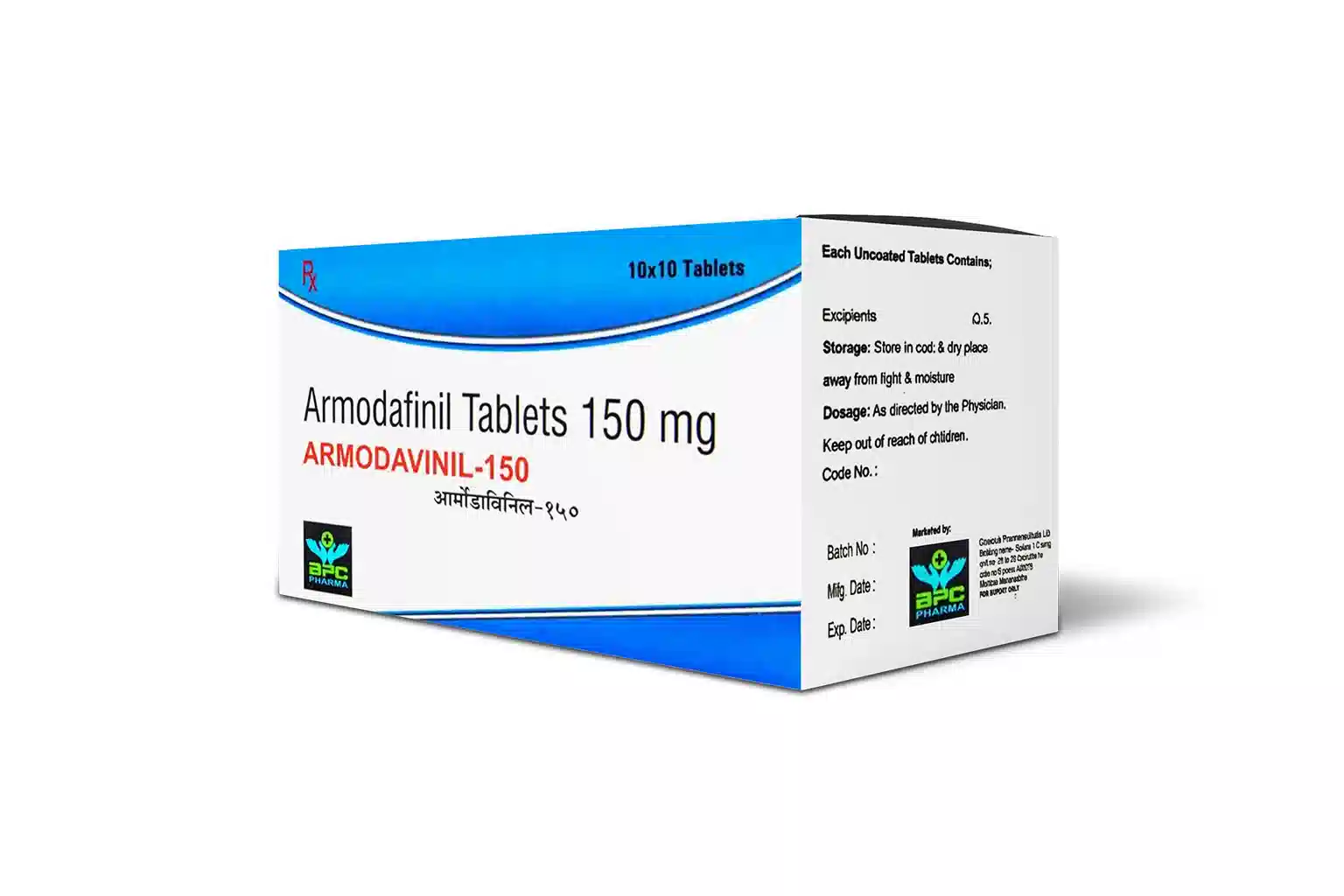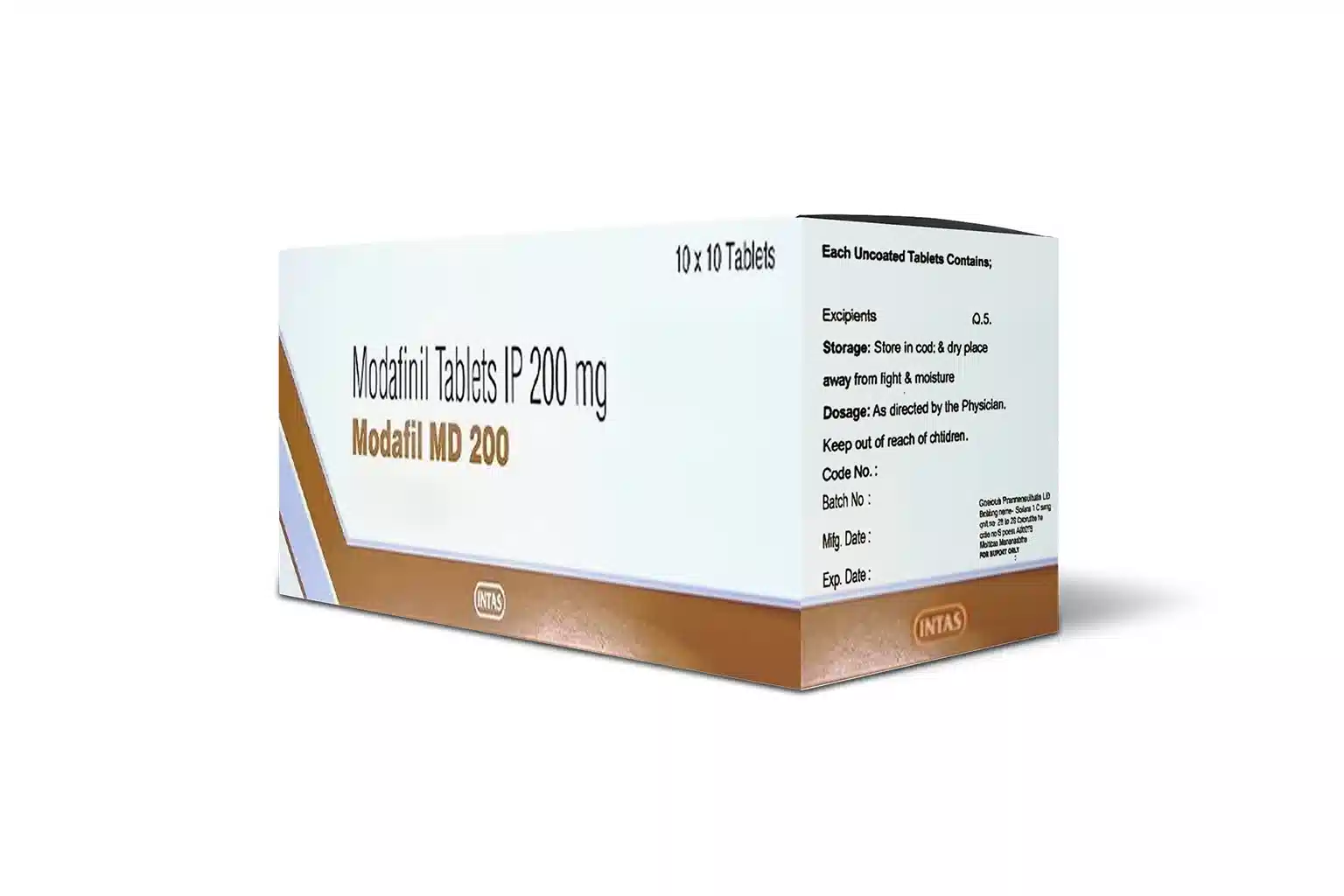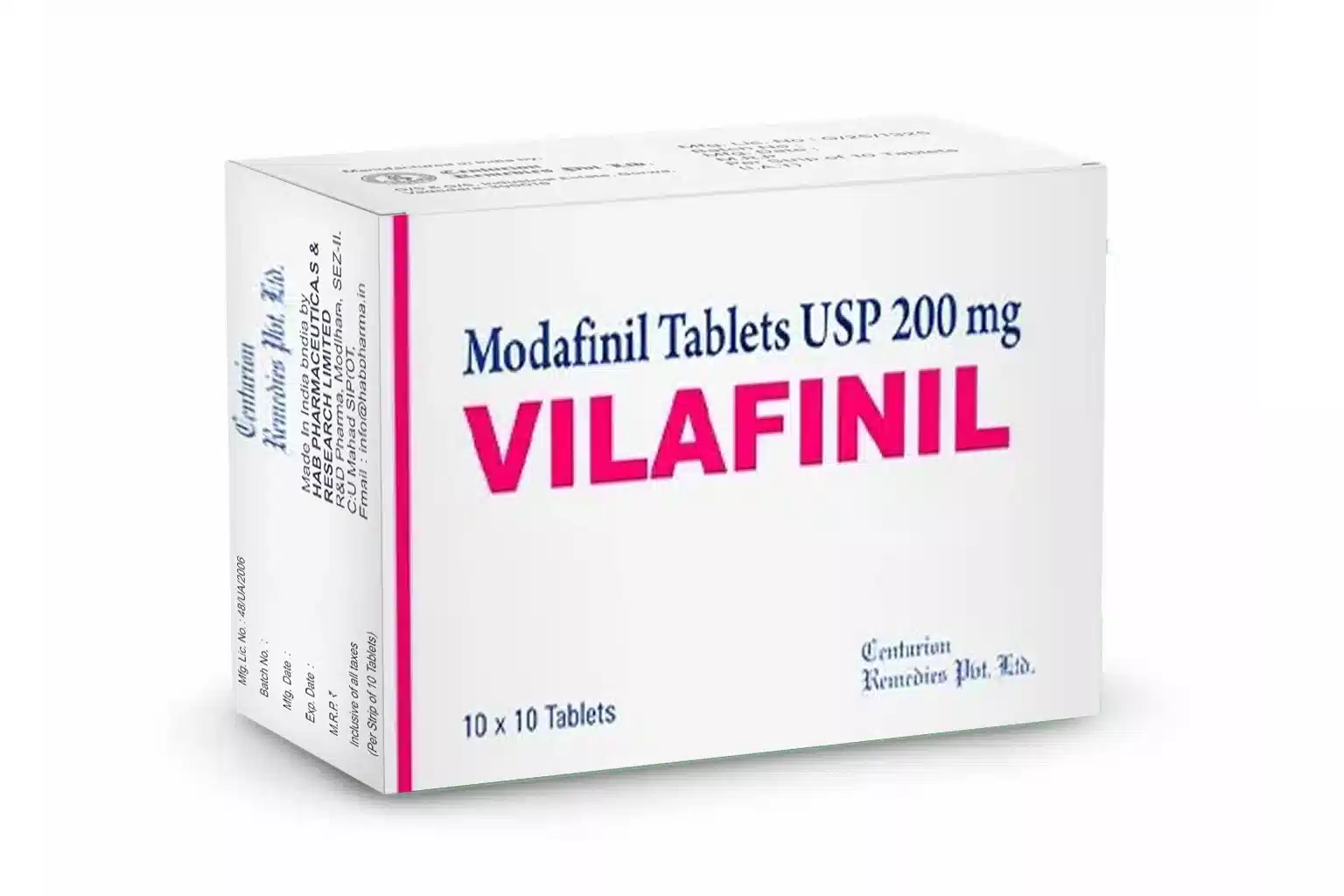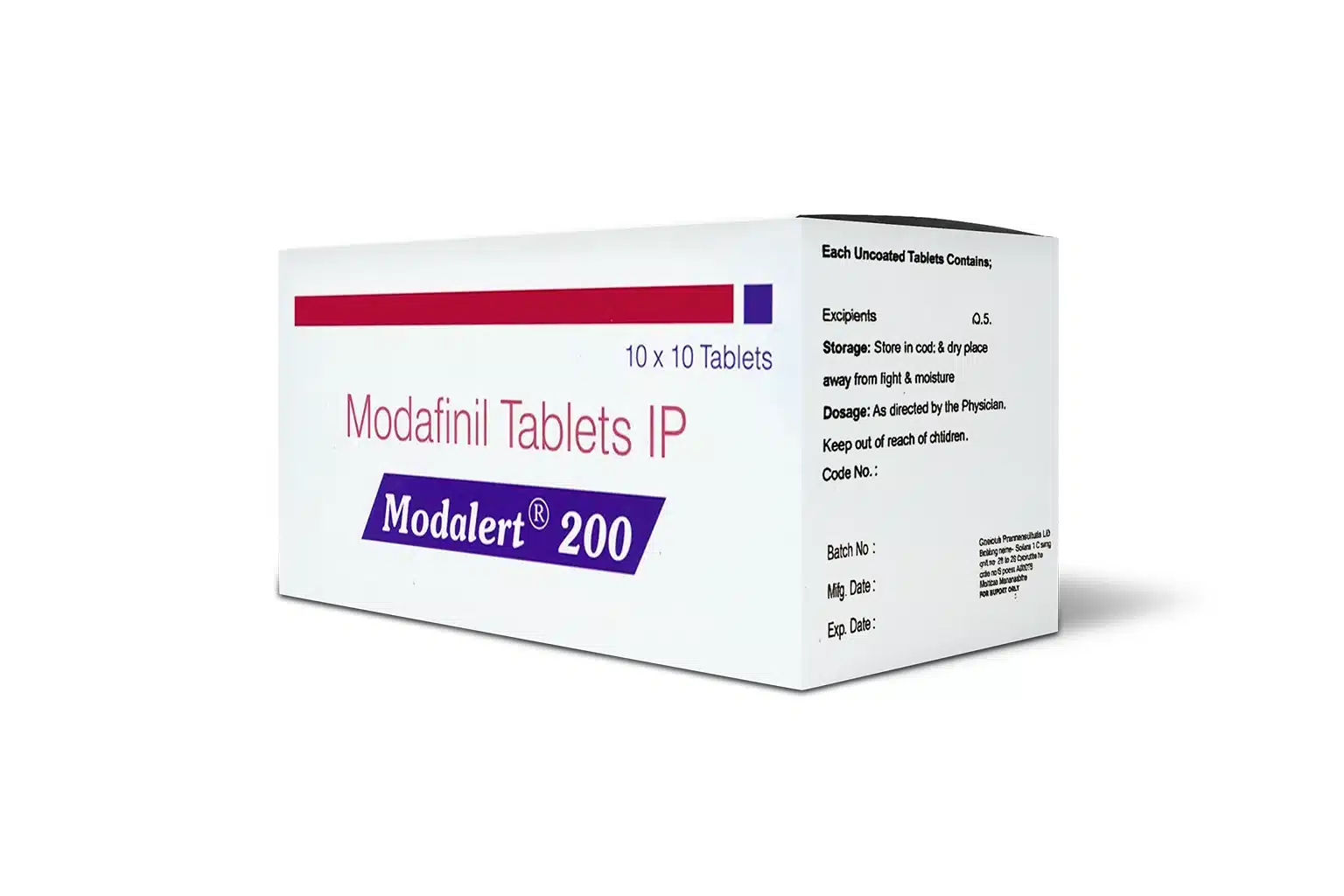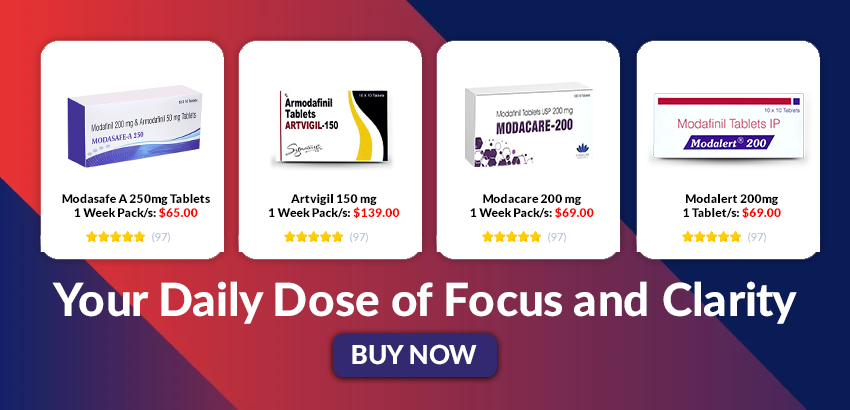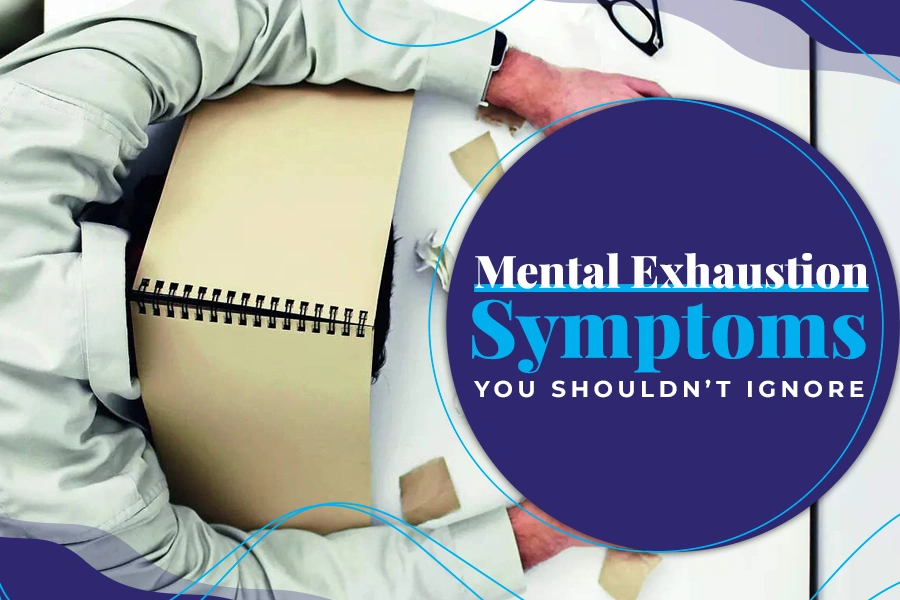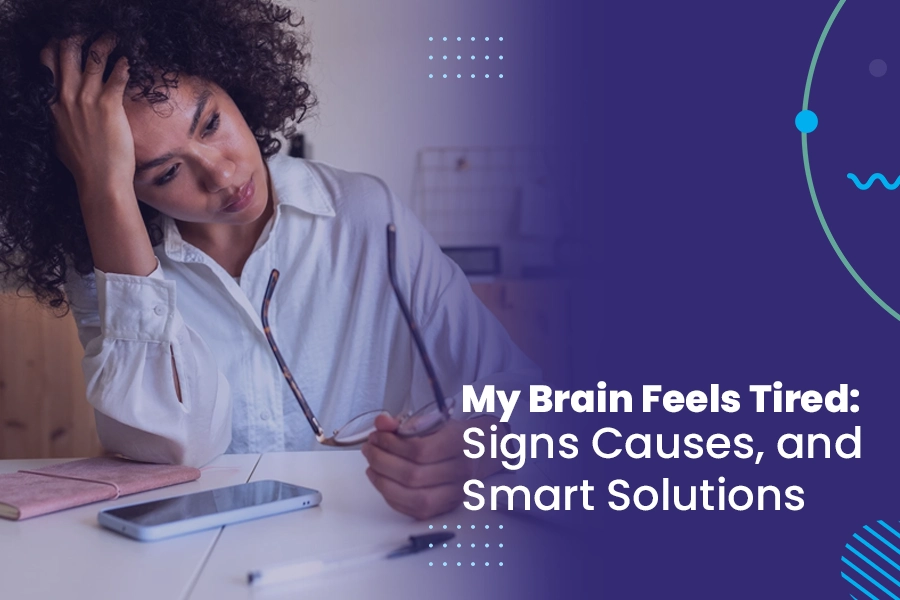Top Brain Exercises for Better Mental Performance
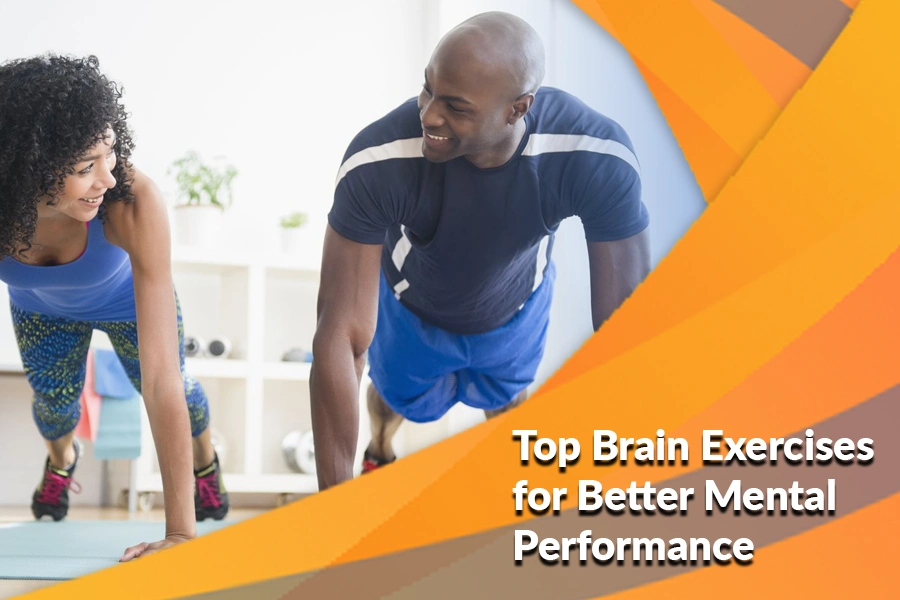
Your brain is a plastic, adaptable organ — it responds to challenge, rest, nutrition, and lifestyle the same way muscles respond to training. If you want to improve mental performance, the smartest approach combines targeted brain exercises, physical movement, sleep, and everyday habits that promote mental fitness.
Below is a practical, evidence-based guide of the top cognitive exercises and routines you can use to sharpen attention, memory, processing speed, and problem-solving — plus how to build a program that actually works.
Why brain exercises matter
“Brain exercises” or cognitive exercises are activities designed to challenge specific mental abilities: working memory, attention, processing speed, problem solving, language, and spatial skills. A growing body of research shows that targeted training can deliver measurable gains in those domains — especially when programs are structured, progressive, and paired with healthy lifestyle factors like exercise and good sleep. Systematic reviews and meta-analyses indicate cognitive training can improve targeted outcomes and, in some cases, transfer to everyday tasks when training is frequent, varied, and sufficiently challenging.
Best sellers
-
Armodavinil 150mg
$69.00 – $395.00Price range: $69.00 through $395.00Shop Now This product has multiple variants. The options may be chosen on the product page -
Modavinil 200mg
$69.00 – $395.00Price range: $69.00 through $395.00Shop Now This product has multiple variants. The options may be chosen on the product page -
Modafil Md 200 mg
$69.00 – $345.00Price range: $69.00 through $345.00Shop Now This product has multiple variants. The options may be chosen on the product page -
Modvigil 200mg
$65.00 – $395.00Price range: $65.00 through $395.00Shop Now This product has multiple variants. The options may be chosen on the product page -
Vilafinil 200 mg
$69.00 – $395.00Price range: $69.00 through $395.00Shop Now This product has multiple variants. The options may be chosen on the product page -
Modalert 200 mg
$69.00 – $449.00Price range: $69.00 through $449.00Shop Now This product has multiple variants. The options may be chosen on the product page
Core principles for effective cognitive training
Before jumping into exercises, use these principles:
- Specificity: Practice the exact skill you want to improve (working memory training builds working memory).
- Variety: Mix tasks (memory, attention, speed, reasoning) to encourage broad neuroplasticity.
- Progression: Increase difficulty as you improve to keep the brain challenged.
- Spacing: Short, regular sessions (20–40 minutes, 3–5 times/week) beat occasional marathon sessions.
- Lifestyle pairing: Cognitive exercises work best alongside physical activity, sleep, good nutrition, and stress management.
1) Working memory workouts (improve short-term hold & manipulation)
Why it helps: Working memory is the mental workspace for holding and manipulating information — it underpins reasoning, reading comprehension, and mental arithmetic.
Practical exercises:
- N-back tasks: Gradually increase N (1→2→3) while training regularly.
- Digit span & backwards recall: Read sequences and repeat backward; expand length over time.
- Chunking drills: Practice remembering grouped items (e.g., phone numbers as groups).
Apps and computerized tasks can help structure progression. Evidence shows that focused working memory training produces gains in working memory and modest improvements in related tasks when training is consistent.
2) Attention & selective focus drills (stay on task under distraction)
Why it helps: Improved attention reduces errors, increases learning speed, and supports complex thinking.
Practical exercises:
- Stroop practice: Read color words printed in conflicting ink colors to train selective attention.
- Focused intervals (Pomodoro): 25–50 minutes of focused work, 5–10 minute breaks, to train sustained attention.
- Distraction management: Practice brief sessions where you intentionally ignore background noise or notifications.
Short, repeated attention training can measurably reduce lapses and improve vigilance, particularly when combined with sleep hygiene and exercise.
3) Processing speed & reaction time exercises (think faster)
Why it helps: Faster processing speed helps you read, react, and make decisions more quickly.
Practical exercises:
- Timed visual search: Find target items on a screen with reduced time limits.
- Rapid decision drills: Simple choice tasks with speeded responses (e.g., press left or right for stimuli).
- Video games with cognitive demands: Certain action or puzzle games can train visual processing and rapid decision-making.
Controlled training on speed tasks can reduce reaction times and improve performance on related activities. Combining cognitive speed work with aerobic exercise amplifies gains.
4) Executive function challenges (planning, switching, inhibition)
Why it helps: Executive functions are higher-order processes that coordinate attention, memory, and goal-directed behavior.
Practical exercises:
- Task-switching drills: Alternate between two different cognitive tasks on cue.
- Complex problem solving: Multi-step puzzles, strategy games (chess, certain board games).
- Inhibition training: Practice stopping an initiated response (Go/No-Go tasks).
These exercises improve planning, cognitive flexibility, and impulse control — skills essential for high-level work and learning. Training that mixes these tasks tends to show better transfer to real-world performance.
5) Memory consolidation activities (encode and retrieve better)
Why it helps: Memory training improves encoding strategies and retrieval reliability.
Practical exercises:
- Elaborative encoding: When learning new info, tie it to vivid images, stories, or personal associations.
- Spaced retrieval: Review information at increasing intervals (1 day, 3 days, 7 days).
- Test-enhanced learning: Self-testing builds stronger long-term retention than passive review.
Spaced practice and retrieval practice are among the most robust findings in memory science; they consistently improve retention and recall.
6) Language & verbal fluency drills (sharpen communication & idea recall)
Why it helps: Verbal fluency supports clear thinking and faster recall of concepts.
Practical exercises:
- Category fluency: Name as many items in a category in 60 seconds.
- Word association chains: Build chains of related words or use themed storytelling.
- Learn a new word daily: Use it in sentences and review weekly.
Language tasks not only grow vocabulary but also strengthen networks used for executive function and memory.
7) Multi-modal & social cognitive activities (best for real-world transfer)
Why it helps: Complex, real-world tasks activate many brain systems simultaneously — this promotes generalizable gains.
Practical activities:
- Learn an instrument or a new language: These skills require auditory, motor, and memory systems.
- Dance or martial arts: Combine motor learning with sequencing and memory.
- Social games and debates: Improve reasoning, perspective taking, and retrieval under pressure.
Multimodal learning is more likely to translate into everyday improvements than narrow single-task training.
Lifestyle pillars that multiply the effects of brain exercises
- Aerobic exercise: Strong evidence that regular aerobic workouts (150 min/week moderate) improve attention, memory, and executive function across ages.
- Quality sleep: Sleep supports memory consolidation and attention. Chronic sleep restriction harms virtually all cognitive domains. Prioritize 7–9 hours and consistent timing.
- Balanced nutrition: Stable blood glucose, omega-3 fatty acids, and micronutrients (B vitamins, iron) support neuronal energy and signaling. Whole-food diets rich in plants and healthy fats are linked with better cognitive outcomes.
- Stress management: Chronic stress diminishes working memory and executive function. Regular relaxation, mindfulness, and scheduling recovery days are essential.
How to build a 12-week brain fitness program
Weeks 1–2: Baseline testing (short tasks for working memory, attention, processing speed). Start 3×/week working memory + 2×/week aerobic sessions.
Weeks 3–6: Add attention blocks and speed drills. Increase difficulty and introduce spaced retrieval for memory tasks.
Weeks 7–10: Add executive function tasks, social learning (language/music), and alternating task-switching sessions.
Weeks 11–12: Re-test, consolidate gains with mixed sessions, schedule maintenance (2–3 sessions/week).
Measure progress with simple metrics: digit span length, timed visual search scores, and number recalled after a 24-hour delay. Adjust difficulty to keep tasks demanding but achievable.
Smart drugs and cognitive enhancers.
Interest in prescription cognitive enhancers (e.g., modafinil, methylphenidate) has grown, especially among students and professionals seeking improved wakefulness or short-term focus. These medicines can produce measurable short-term effects on alertness and some attention tasks when used for medical indications (narcolepsy, ADHD). However, they are prescription medications with risks: side effects, drug interactions, ethical and legal concerns, and uncertain long-term benefits for healthy individuals. Clinical guidelines recommend that such drugs be used only after medical evaluation and when prescribed for diagnosed conditions. For most people seeking sustained, safe improvement in mental performance, targeted cognitive exercises plus good sleep, exercise, nutrition, and stress control produce broader, longer-lasting benefits with fewer risks.
Measuring what matters: real-world outcomes vs. test scores
A common criticism of “brain games” is narrow transfer — gains on training tasks don’t always show up in daily life. To avoid that trap:
- Train with tasks that mirror real goals (e.g., practice dual-tasking if your job requires switching).
- Combine cognitive drills with lifestyle changes (exercise, sleep).
- Track functional outcomes (reading speed, meeting productivity, error rates), not just app scores.
Well-designed, multimodal programs and real-world practice increase the chance your training translates into meaningful improvement.
Safety, limitations, and when to see a professional
- Cognitive training is safe for most people, but if you have a neurological disease, uncontrolled psychiatric illness, or unexplained cognitive decline, consult a clinician first.
- If memory loss, confusion, mood change, or functional loss occurs, seek medical evaluation — reversible causes like sleep apnea, thyroid disease, vitamin deficiencies, or depression should be ruled out.
FAQs
Q: How often should I do brain exercises to see improvement?
A: Aim for regular short sessions — 20–40 minutes, 3–5 times per week for 8–12 weeks. Consistency wins over intensity.
Q: Do brain training apps work?
A: Some apps structure progressive training that can improve targeted skills. Look for programs grounded in peer-reviewed research and combine app practice with real-world tasks and lifestyle changes.
Q: Can I improve cognition at any age?
A: Yes. Neuroplasticity continues across the lifespan — adults and older adults can benefit from training, especially when paired with exercise and proper sleep.
Q: Should I use smart drugs to boost performance?
A: Prescription enhancers have legitimate medical uses but also risks. Use only under medical supervision for diagnosed conditions. Lifestyle and targeted training are safer first-line strategies.
Q: How long do training benefits last?
A: Some gains persist for months if practice is maintained. For lasting change, integrate cognitive challenges into weekly routines (maintenance sessions). Periodic “booster” training and continued lifestyle support help retain gains.
Selected references
- Liang L., et al. Systematic review & network meta-analysis on cognitive training modalities. 2025. PMC
- Harvard Health Publishing. Exercise can boost your memory and thinking skills. 2024. Harvard Health
- Khan M.A., et al. The consequences of sleep deprivation on cognitive performance. 2023. PMC. PMC
- Caetano T., et al. Cognitive training effectiveness: systematic reviews. Frontiers in Psychology, 2021. Frontiers
- Ouyang A., et al. Effects of aerobic exercise on brain age and health. 2024. PMC. PMC
- Sharif S., et al. Use and impact of cognitive enhancers. 2021. PMC. PMC
- Ingegneri M., et al. The Dark Side of “Smart Drugs.” MDPI, 2025. MDPI



